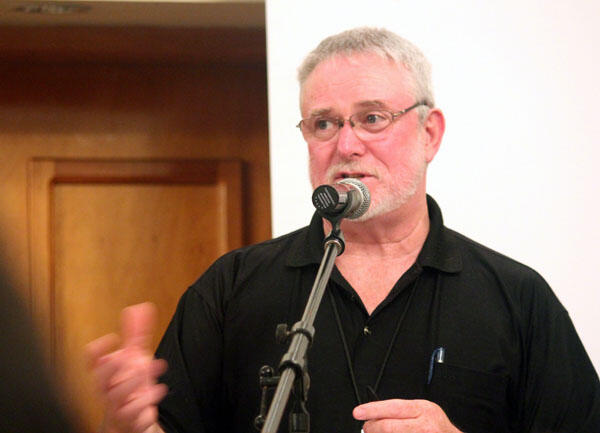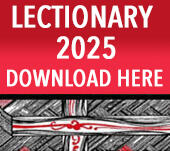
Again, General Synod dealt with sexuality issues today.
And the struggles faced by faithful, loving Christian families who must grapple with these things were laid bare to synod, in all their poignancy and rawness.
The presenting issue, this morning, was Waiapu’s motion 20, which asked synod to “affirm the long tradition” of episcopal autonomy where discernment for ordination is concerned.
In plain language, that’s about a bishop’s right to pick candidates for the priesthood.
Nothing radical about that, of course.
In the Anglican world, bishops have always had that right.
But while candidates for ordination in Waiapu must meet a number of criteria, sexual orientation is not now one of them.
Waiapu’s last diocesan synod had confirmed that, and it had been made plain in the preamble to the General Synod motion.
As the Rev Brian Dawson said, “this motion is intimately, if not exclusively, connected to debates about sexuality, relationships and ordination – so our cards are on the table.”
That same transparency was evident as the Rev Jo Crosse moved the motion.
She told how standing among friends at synod who are struggling with the issues, and not ready to have the discussion yet, was “one of the hardest things I have ever had to do.”
But when she returned home, she said, she “had to be able to tell our friends whose lives are in question here that we have tried to make a difference.”
And then one of the best-known, best-loved veterans of the Anglican evangelical scene – we won’t be naming him – got to his feet to speak.
This man has always believed, and still does, that the Scriptures teach that marriage is, and can only ever be, the faithful union of a man and woman before God.
And here he was, telling synod that his beloved daughter has come out.
What’s more, she has entered a civil union with her partner.
But there’s a twist. Because here’s the plea that his daughter, and her partner, insisted he make to synod:
“Please Dad”, he shouted to the synod. “Don’t let them do anything that would hurt the church!”
Coming out, he said, had cost his daughter and her partner.
They’d been worship leaders in their local church, and they had voluntarily resigned before they came out, and before their civil union.
If their union was going to hurt that much-loved church – well, they’d rather carry the pain themselves and resign.
But still, they were begging this man to keep his integrity.
“Please don’t change, Dad,” they told him, “unless you’re personally convinced that this is what the Scriptures say.”
Dad still doesn’t agree with his daughter and her partner’s lifestyle.
But there’s no question about the steadfastness of his love for his daughter and her partner.
“I love them passionately,” he said.
He’d been to his daughter’s civil union ceremony.
He’d spoken there, too – just as the father of the bride usually does at a wedding.
“There is nothing that you can do,” he told her that day, “that will make me love you more.
“And nothing you can do that will make me love you less.”
The legal opinion
There was legal advice from Judge Chris Harding, who is Chancellor of the Diocese of Waikato and Taranaki, about the Waiapu motion.
He’s convinced that Bishops do not, in fact, possess absolute autonomy.
They are “expressly subject to the canons of this church.”
And any bishop who now defines chastity in a way that departs from what the canons now stipulate... could end up before a church disciplinary tribunal which would, in effect, be ruling on serious doctrinal matters.
The better way, suggested Judge Harding, is for the issues to be properly worked through by General Synod itself, where all three houses (bishops, clergy and lay people) and all three tikanga would be involved in the decision making.
As he so often does, Dr Tony Fitchett found the right words to rescue the motion.
His amendment talks about synod affirming “the long tradition and practice of Episcopal autonomy, within canonical limits, in the discernment of a person’s call to ordination.”
Jo Crosse and Brian Dawson were happy with that.
Happy, too, now that the Ma Whea Commission is under way, for their motion to lay on the table till the next General Synod, in 2014.
In the same spirit, they sought the leave of synod to withdraw the other Waiapu motion, which asked for progress on the development of an “authorised liturgy for same-gender blessings.”
That leave was granted – and the Ma Whea Commission has some work to do.
NB: To read the full text of the Waiapu motion, click here.

















Comments
Log in or create a user account to comment.